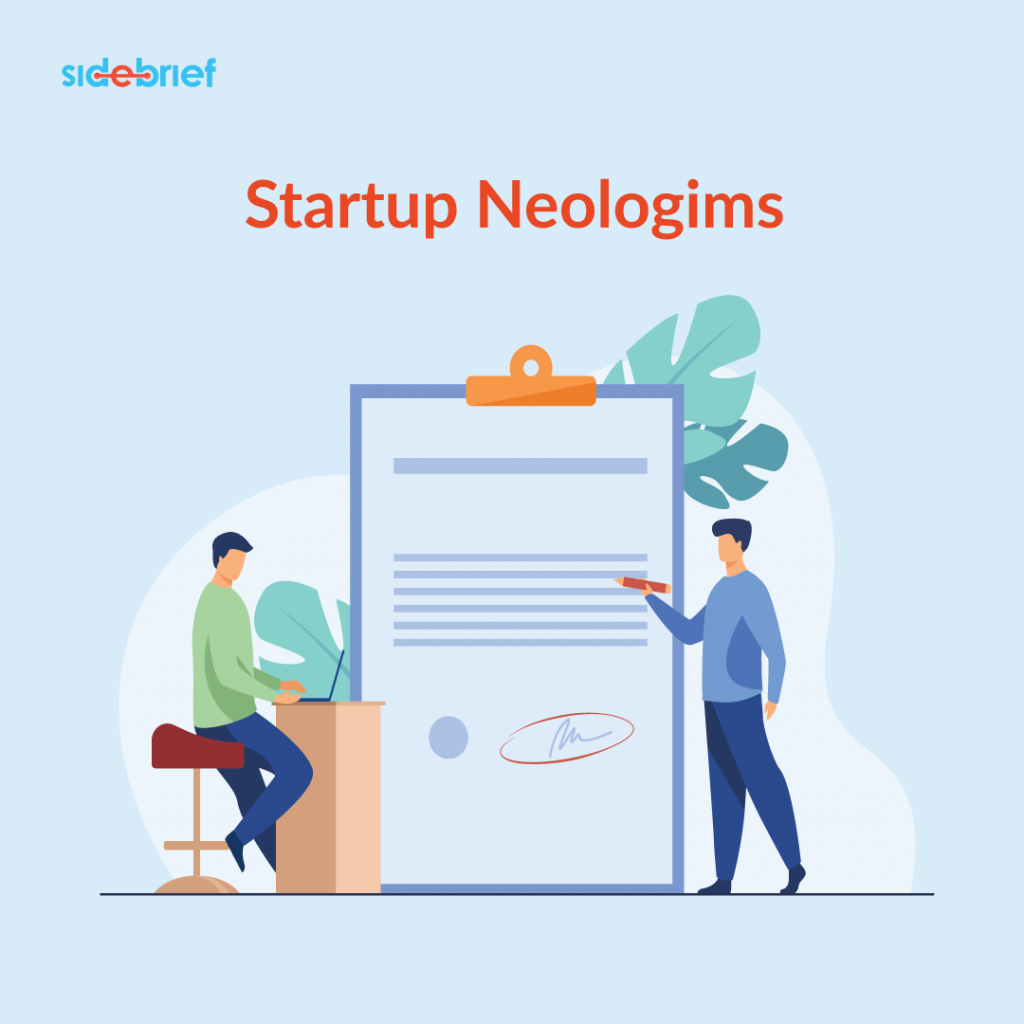
Hi there,
Today, our weekly newsletter is having a twist. We thought we’d spice it up a bit, let’s take a break from the norm. Although we are still building across borders and taking new companies to Egypt, Ghana, South Africa, Kenya and Zambia this month, we thought you should learn a few startup lingos. In this newsletter, we’ve assembled a list of relevant neologisms that will help you keep up with what’s happening in the startup space. We are also showing a number of our clients who are building in each niche. We hope you enjoy it and learn something new.
01
Fintech: Finance + Technology

Probably one of the best known “–tech” neologisms is fintech, this umbrella term is used to refer to projects, many times startups, that seek to transform financial and banking services by applying disruptive ideas by leveraging new digital technologies.

02
Edtech: Education + Technology
Ed-tech analyzes and solves the problems related to learning, teaching, and social organization from a technological perspective. This happens through mobile apps, social media and artificial intelligence.
03
Proptech: Property + Technology

Proptech is one small part of a wider digital transformation in the property industry. It’s a collective term used to define startups offering technologically innovative products or new business models for the real estate markets.

04
Healthtech: Health + Technology
Healthtech,” refers to the use of technologies developed for the purpose of improving all aspects of healthcare system. From software designed to boost hospital administrative productivity, to processes designed to give new insights into medicines and treatments, or improve the overall quality of care.
05
Insutech: Insurance+ Technology

Insurtech—short for “insurance technology”—is a broad category of constantly changing technologies used in the insurance industry. Any technology that’s used by an insurance company to increase the efficiency of its operations could be considered insurtech.

06
Regtech: Regulation + Technology
Regtech encompasses all the technological tools intended to improve regulatory compliance. This is achieved through the automation of manual processes and a thorough analysis of the information, which also allows generating consistent reports for regulators.
Got any questions!

